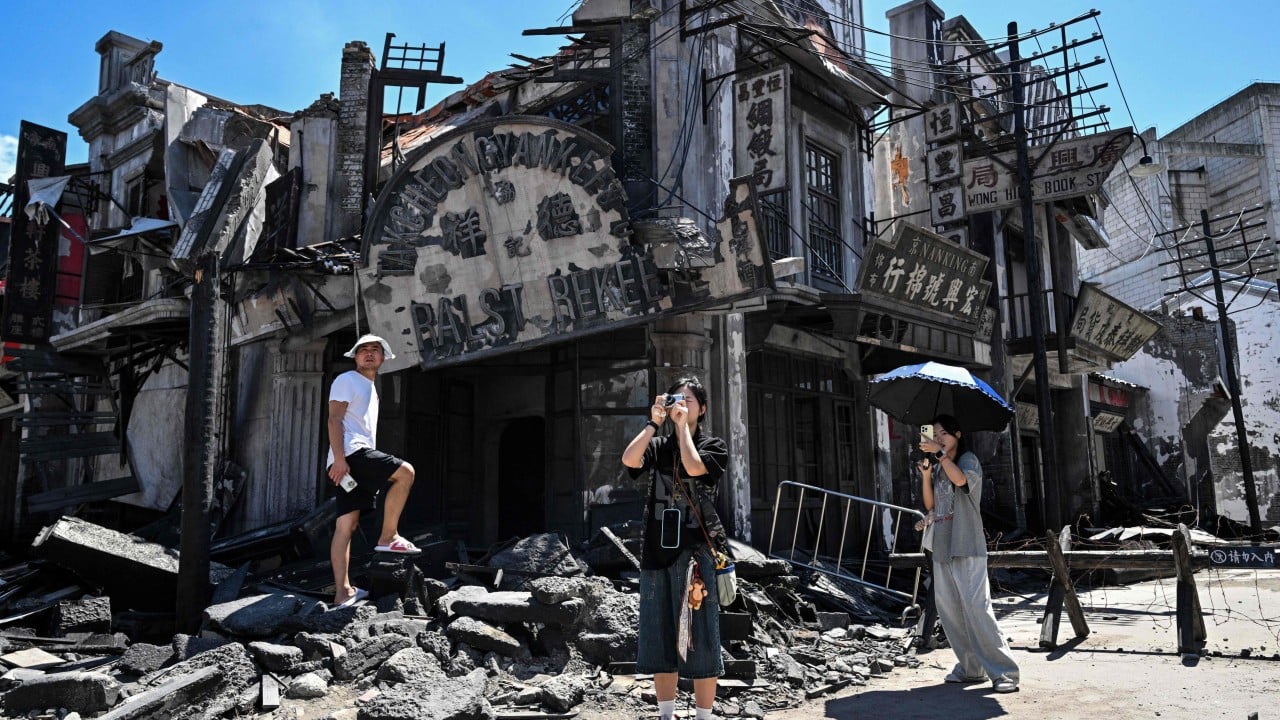On September 3, I watched the live broadcast of China’s military parade commemorating the 80th anniversary of the victory in World War II. The perfectly aligned formations, the roaring fighter jets, the cutting-edge unmanned combat systems – the spectacle spoke for itself.
Advertisement
Scanning international media, I found commentary interpreting the parade as a show of force by China and Russia against the United States, or warning about the Taiwan Strait and wider region. On Weibo, Chinese sentiment was summed up by a netizen who remarked: “Only when the motherland is strong can we live a good life.”
Afterwards, I went to a cinema in Singapore’s Bugis district and watched the much-discussed war film, Dead to Rights. To my surprise, this intimate story of ordinary people struck me more deeply than the grandeur of the parade.
The film unfolds against the backdrop of the Nanking massacre in 1937, after the fall of the Chinese capital to the Japanese army. Based on true events, it tells of several civilians taking refuge in a photo studio. To survive, they have to help develop a Japanese photographer’s pictures – only to stumble on irrefutable evidence of atrocities, which they risk their lives to smuggle out. The storytelling is restrained: it neither dwells on brutality nor indulges in fiery denunciation.
Over the course of two hours, the theatre shifted from utter silence to muffled sobs. When the credits finally rolled, many, like me, rose slowly with tear-streaked faces.
Advertisement
What welled up in my chest was not only anger, but also a renewed gratitude for peace. Especially at a time when far-right voices are rising around the world: Germany’s far-right AfD surged to second place in this year’s national election, becoming the largest opposition party; Japan’s Sanseito campaigned on “Japanese first” and secured a record number of seats. In this dizzying global lurch to the right, the simple phrase “remember history” may matter more than we imagine.

